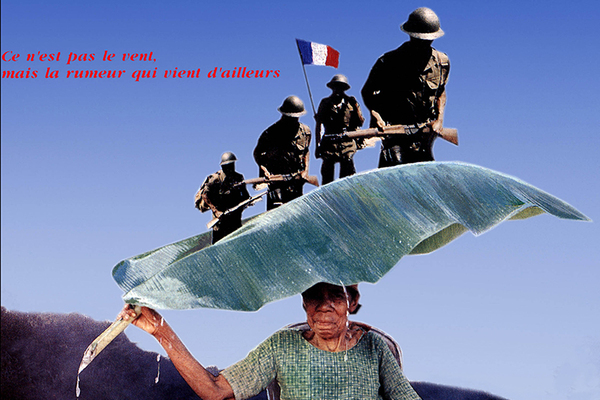Memory
Tabataba
Posted on 17.10.2023
Every day, we feature a little-known filmmaker and a film to rediscover; doing justice to those forgotten in the history of cinema is also the role of the Lumière film festival.

Tabataba, 1988 © DR
Who is he?
Raymond Rajaonarivelo, born in 1952 in Antananarivo, studied in France before making short films. Tabataba is his first feature film, shot mainly using non-professionals.
His film at the Lumière film festival
Tabataba takes place in a small village deep in the Malagasy jungle in 1946, when the first stirrings of independence are heard. Its most humble inhabitants become aware of the abusive occupation of one country by another, Madagascar by France.
Why is it worth discovering?
This political film chooses an intimate perspective. Every home, every villager is affected by an authoritarian and illegitimate French presence. To make the obscenity of this clear, Rajaonarivelo shows that the most natural life of the Malagasy people in the midst of their landscapes is worth as much as political rhetoric. With grace, he contrasts the beauty of one world to the cruelty of another. The local population moves fluidly through the land that is theirs, while the French are filmed as static, jumpy and impatient. The Malagasy people are made up of diverse groups, from children to old people, who form a collective in the face of the occupiers, represented by young, lonely men. Through a simply determined symbolism, Rajaonarivelo imagines his film as a journey of return, that of a people towards its integrity.
Virginie Apiou
SCREENING
Tabataba by Raymond Rajaonarivelo, (1988, 1h18)
Lumière Terreaux – Tuesday, 17 October at 4.30pm

